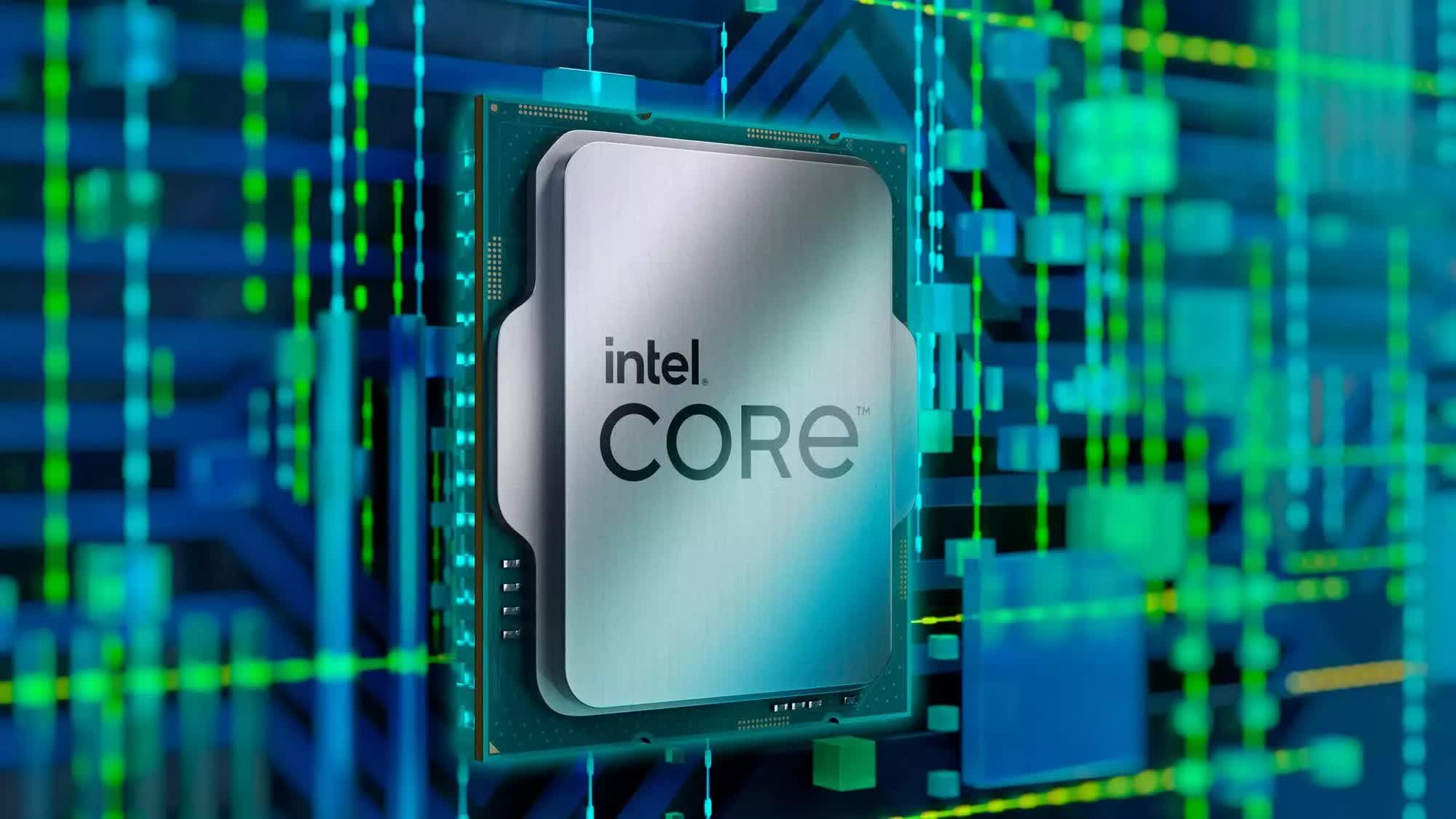Intel’s New Bartlett Lake-S CPUs Target Network & Edge Clients, Mainstream Availability Possibly Planned for Later

A few days ago, RGT revealed Intel’s plans for the 4th lineup on its existing LGA 1700 platform. Codenamed Bartlett Lake, this new series will be the last new offering before Arrow Lake, and acts as drop-in upgrades for existing 12th/13th/14th Generation CPU owners.
No Architectural Improvements
Bartlett Lake is architecturally similar to Raptor Lake. It supports the same socket, features the same P-Core and E-Core architectures, Intel 7 node etcetera. One small step-up could be increased L3 cache, something which can quite easily enhance performance.
However, a recent report from BenchLife suggests that Bartlett-Lake is actually designed with network and edge first. Bartlett Lake-S (desktop) is actually a product of Intel’s NEX (Network and Edge) division. NEX focuses on IoT, and Ethernet chips and designs special x86 chips for specific customers, mainly to power edge applications.
Will Bartlett Lake Launch for Consumers?
There has not been much word regarding memory support, core configurations and whatnot. BenchLife says that the source did not explicitly state whether Bartlett Lake will launch for consumers or not. This does leave some leeway since it appears the answer wasn’t as simple as a ‘Yes‘ or a ‘No‘.
Likewise, there are some notable improvements in the AI department, the extent of which we are not aware. We should see support for both DDR4 and DDR5 since that was the norm with all LGA 1700 CPUs. Should Bartlett Lake launch for consumers, Intel will probably try to make them as niche as possible, given they wouldn’t want to sabotage Raptor Lake Refresh sales.
While we’re at it, Intel is set to launch its Arrow Lake-S lineup of CPUs later in 2024. The entire platform shift will warrant users to wring out even the last few pennies from their pockets, so Bartlett Lake can serve as a suitable budget option. AMD, too has launched a few Zen3 products which are keeping AM4 well and alive.
Source: BenchLife





